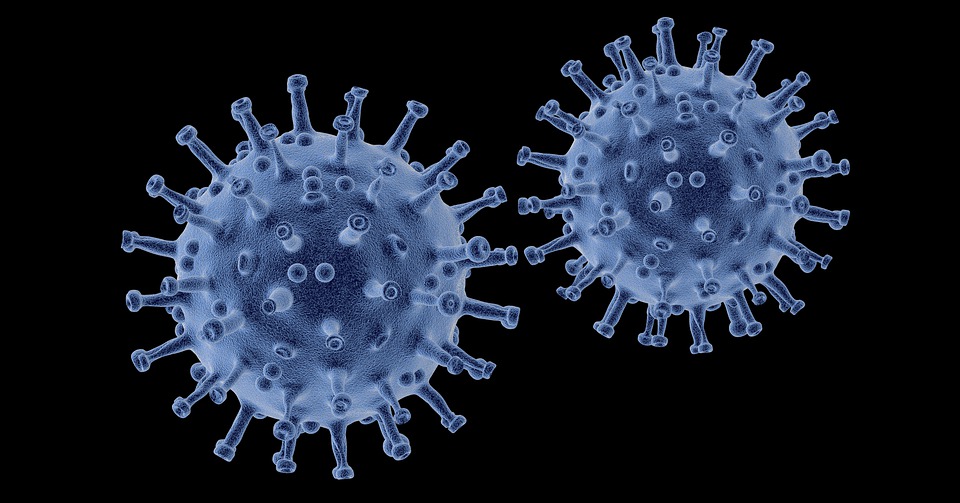The general director of Health warned today that meals outside the basic family core are "a high-risk moment" for infection with Covid-19, noting that about 70% of cases occur in family or social interactions.
At the moment, estimates indicate that «about 68% to 70% of cases occur through family or social life», said Graça Freitas at the press conference to update information on infection by the new coronavirus, which causes the Covid-19 disease.
Graça Freitas drew attention to "an extremely critical moment" of family or social interactions, which are meals where drinks and food are shared.
"It is a moment of great relaxation, of great proximity and obviously, we are not wearing a mask and, therefore, it is a critical moment for contagion," he stressed.
Therefore, he left an appeal for people to have meals only with their basic family, who live together in the same house: “it would be ideal.
Asked whether the opening of supermarkets and grocery stores throughout the day during the state of emergency could generate some crowds, Graça Freitas said that what has been observed throughout the pandemic months is that "there are still restrictions on entry into supermarkets".
"There are often queues and people quickly get used to figuring out what time they should go, see if there are more or less people and in general we have had a very frequent frequency in supermarkets and stores and in general commerce orderly», he commented.
Therefore, he maintained, apart from an adaptation period that could take place in the next few days, there will then be "very quick learning".
“We'll do what we've been doing these past few months in which we no longer enter a supermarket without being in line. We are already used to it and we do it naturally».
On conducting mass testing in schools, homes or prisons, the director-general of Health said that "there is no single, basic rule of when to determine the number of tests or to carry out mass testing" in these places.
"This more mass testing context always depends on the risk assessment of what goes on in that institution and also on the risk assessment of what goes on in the community," he explained.
He also noted that "there is a very important decision" that must be taken by health authorities in consultation with the school or home and with other community partners.
Also in relation to the tests, Graça Freitas appealed to the population not to do them on their own initiative, and should wait for a medical request, for medical advice, whether from the authority, from their assistant physician or from a hospital.
“Tests are requested in writing and advised whenever they are needed, there is no doubt about it. Portugal tests a lot from the beginning and, therefore, people should not take the initiative themselves and ask for tests», he stressed.



















Comments